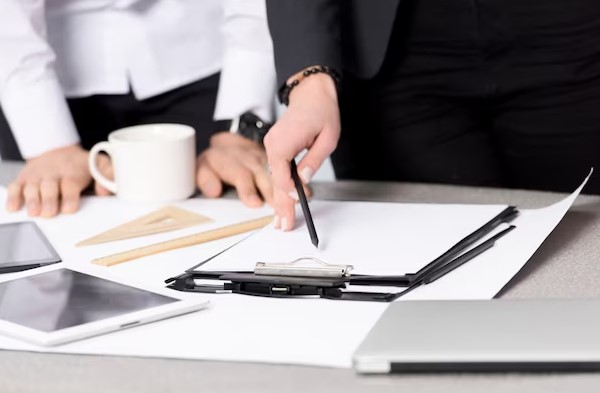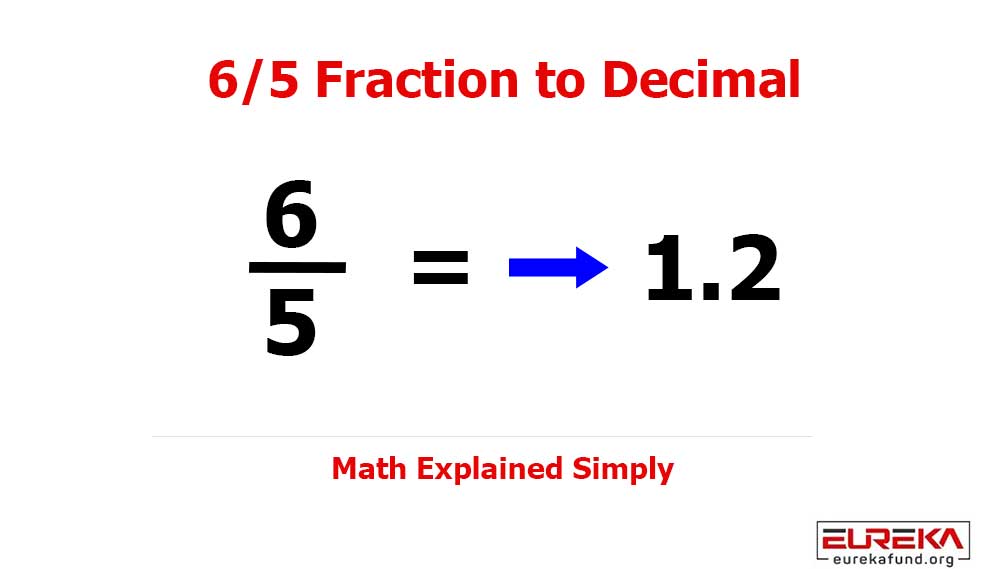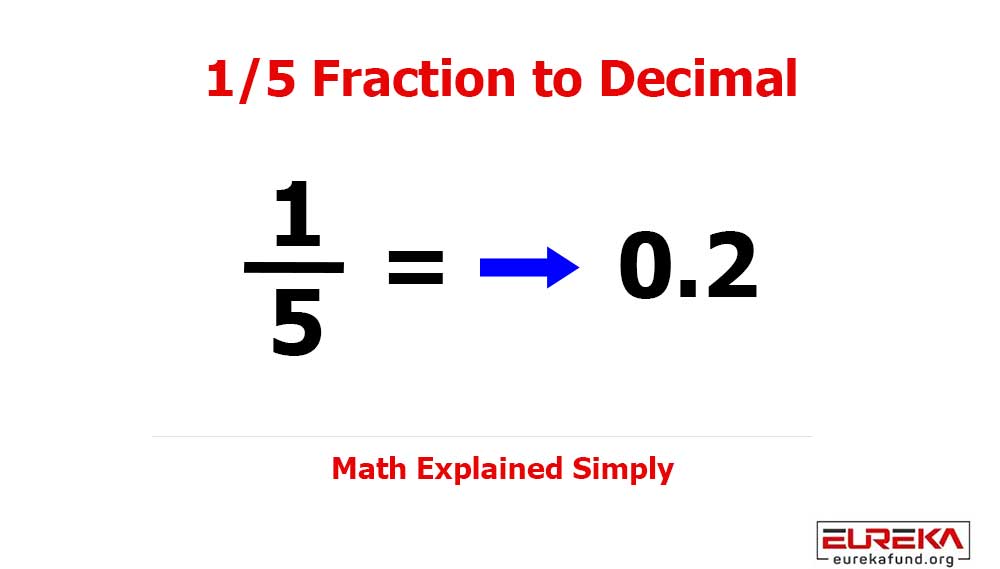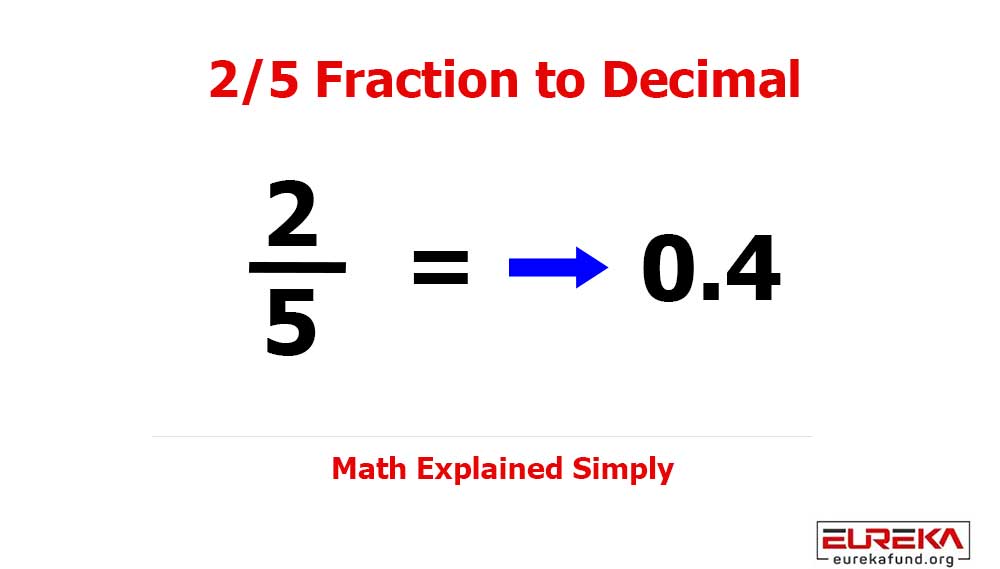In the dynamic global creative landscape, understanding the intricacies of copyrights can be a complex task. Copyright law protects content creators, granting them exclusive rights to their original work. However, these rights are often infringed upon, leading to a legal dispute known as a copyright lawsuit.
This document aims to explain the fundamental concepts associated with copyright lawsuits. We will offer a comprehensive guide for individuals navigating this intricate legal landscape. So let’s begin.
What Is a Copyright Lawsuit?
A copyright lawsuit is a legal dispute arising from the infringement of someone’s copyrighted work. These lawsuits are initiated by the copyright holder when they believe their rights were infringed. The dispute arises over the unauthorized usage of the copyrighted material such as:
- Music
- Written text
- Images
- Software
- Videos
- Architectural Designs
The defendant in these cases is usually someone who has reproduced and distributed the material. They may also be the ones who performed, publicly displayed, or made derivative works from the material. This is in the case they do not have the consent of the copyright owner.
If the court determines that infringement has occurred, the copyright holder may receive remedies such as:
- Monetary damages
- Injunctive relief
- Recovery of attorney’s fees
- Seizure and destruction of the infringing material
It’s crucial to note that the procedures, results, and remedies in the lawsuits can vary. It depends on the specific circumstances surrounding the infringement. This includes the nature of the copyrighted work, the type of infringement, and the jurisdiction of the filed lawsuit.
To better understand how copyright laws work, you can check out the RAW Rolling Papers Lawsuit. Studying the specific case can give you a more nuanced idea of the standards of intellectual theft.
What Is Copyright Infringement?
At its core, copyright infringement is the unauthorized use of copyrighted material. If an individual uses a photograph taken by someone else on their website without obtaining permission or proper licensing, it can be a copyright infringement.
To prove that copyright infringement has occurred, the plaintiff (copyright holder) must show that they hold a valid copyright for the work in question. They must also prove that the defendant had access to the copyrighted material. They should also show evidence of similarities between the original work and the infringing material.
Defenses Against Copyright Infringement
In some cases, the defendant in the lawsuit may have defenses to argue against the allegation of infringement. Some of these defenses include:
Fair Use
This allows for limited use of copyrighted material without obtaining permission from the owner. It’s important to note that what constitutes fair use can vary depending on factors. It can depend on the purpose and character of the use, the nature of the copyrighted work, and the amount of material used.
Public Domain
Works that are in the public domain can be freely used without permission. These include works whose copyright has expired. It can also include works that have been voluntarily placed in the public domain by their creators.
Statute of Limitations
Each state has its statute of limitations for copyright infringement claims. This sets a time limit for when a person can file a lawsuit after the alleged infringement occurred.
Protecting Yourself From Copyright Infringement
As a creator, it’s essential to understand how you can protect your business and yourself against potential infringement. Some measures you may consider include:
Registering Your Work
Registering your work with the Copyright Office provides proof of ownership and can strengthen your case in a lawsuit. It’s important to note that you cannot sue for copyright infringement until you have registered your work.
Obtaining Proper Licensing
If you wish to use copyrighted material, obtaining proper licensing from the owner is crucial. This ensures that you are legally allowed to use the material. It helps avoid any potential copyright infringement disputes.
Keeping Track of Your Work
Maintaining records of your original creations can serve as evidence in a lawsuit. This could include drafts, copies, or timestamps to prove the date of creation.
Understanding the Use of Copyrighted Material
It is essential to understand the circumstances under which you can use copyrighted material. Certain uses, such as those for criticism, news reporting, teaching, or research, may fall under the fair use doctrine.
However, the boundaries of fair use are not always clear-cut. Using copyrighted material for the purposes mentioned above does not automatically safeguard anyone.
The Role of a Copyright Attorney
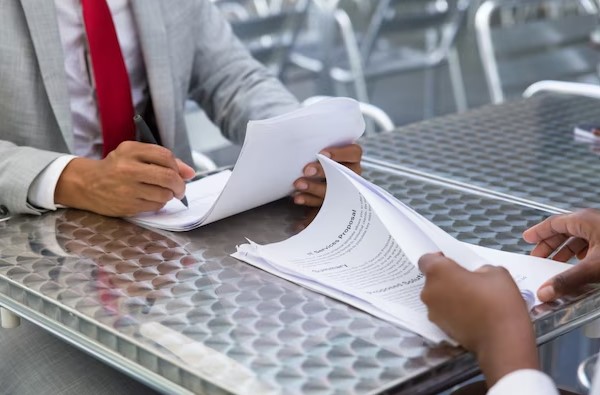
When navigating the complexities of copyright law, a copyright attorney can be invaluable. These professionals specialize in intellectual property law. They can provide strategic legal counsel throughout the copyright litigation process.
They review claims of copyright infringement. They conduct thorough investigations. They also provide representation in court and negotiate settlements.
The Process of a Copyright Lawsuit
The process of a copyright lawsuit is complex and typically involves several stages. These include:
Filing the Complaint
The plaintiff officially begins the lawsuit by filing a complaint in federal court. The complaint outlines the allegations of copyright infringement. It should also specify the relief sought by the plaintiff.
The Answer
The defendant must respond to the complaint within a specified period. They can either admit or deny the allegations and may also present any defenses they have against the claim.
Discovery
During this phase, both parties exchange information related to the case. This can include depositions, interrogatories, and requests for documents.
Pre-Trial Motions
Pre-trial motions are legal procedures that either party can initiate before the case proceeds to trial. They set the boundaries for the trial or possibly dispose of the case without a trial.
Trial
If the case goes to trial, both parties present their arguments and evidence in court. A judge or jury then decides the outcome of the lawsuit. If either party is dissatisfied with the outcome, they can appeal to a higher court.
Protecting Yourself and Your Work
Copyright lawsuits are complex legal disputes that can be confusing. However, as a creator, it’s crucial to understand the basics of copyright infringement. This way, you can protect yourself and your work.
In case you find yourself facing a copyright lawsuit, seeking expert legal counsel can help navigate the intricate process. It can increase your chances of a favorable outcome.
Remember, knowledge is power. Understanding the nuances of copyright law can ensure that you safeguard your creative creations. So, stay informed and continue creating!

